NYT: Mladić arrest opens door to EU
Serbia has gone a long way toward securing a path to a European future by arresting Ratko Mladić, the New York Times writes.
Friday, 27.05.2011.
11:03

Serbia has gone a long way toward securing a path to a European future by arresting Ratko Mladic, the New York Times writes. The arrest of Mladic, the former Bosnian Serb commander, also brings an unprecedented opportunity for reconciliation among the fractious countries of the Balkans, the daily points out. NYT: Mladic arrest opens door to EU Reaction to the news from around the world was little short of euphoric. President Nicolas Sarkozy of France said at the Group of 8 summit meeting in Deauville, France, that Mladic’s capture was “very good news” and “one more step towards Serbia’s integration one day into the European Union,” while the UN secretary general, Ban Ki-moon, called the arrest “a historic day for international justice,” The New York Times writes. According to the daily, Mladic was believed to have long enjoyed the protection of top politicians and important elements of the military and intelligence services. But after the government of President Boris Tadic took power three years ago, efforts to arrest Mladic turned more serious. Time was running out: the Hague Tribunal chief prosecutor, scheduled to present a report to the UN Security Council, had been expected to be critical of efforts to hunt down Mladic, the New York Times points out, adding that EU High Representative for Foreign Affairs and Security Policy Catherine Ashton was visiting Serbia on Thursday and diplomats were divided on whether or not Mladic’s arrest was a coincidence. The government insisted that it had been actively looking for Mladic for years. A decision on whether to open EU membership talks with Serbia is scheduled for the autumn, and European leaders are now much more likely to give the green light, the New York Times explained. The daily concluded that the Balkans still face numerous obstacles, including the status of Kosovo, the divisions within Bosnia-Herzegovina and political and economic difficulties in Albania and Macedonia. Ratko Mladic after the arrest (Serbian government)
NYT: Mladić arrest opens door to EU
Reaction to the news from around the world was little short of euphoric. President Nicolas Sarkozy of France said at the Group of 8 summit meeting in Deauville, France, that Mladić’s capture was “very good news” and “one more step towards Serbia’s integration one day into the European Union,” while the UN secretary general, Ban Ki-moon, called the arrest “a historic day for international justice,” The New York Times writes.According to the daily, Mladić was believed to have long enjoyed the protection of top politicians and important elements of the military and intelligence services. But after the government of President Boris Tadić took power three years ago, efforts to arrest Mladić turned more serious.
Time was running out: the Hague Tribunal chief prosecutor, scheduled to present a report to the UN Security Council, had been expected to be critical of efforts to hunt down Mladić, the New York Times points out, adding that EU High Representative for Foreign Affairs and Security Policy Catherine Ashton was visiting Serbia on Thursday and diplomats were divided on whether or not Mladić’s arrest was a coincidence. The government insisted that it had been actively looking for Mladić for years.
A decision on whether to open EU membership talks with Serbia is scheduled for the autumn, and European leaders are now much more likely to give the green light, the New York Times explained.
The daily concluded that the Balkans still face numerous obstacles, including the status of Kosovo, the divisions within Bosnia-Herzegovina and political and economic difficulties in Albania and Macedonia.











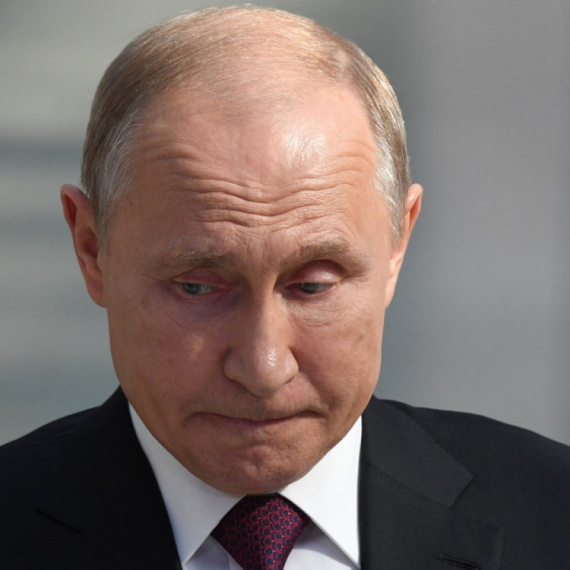
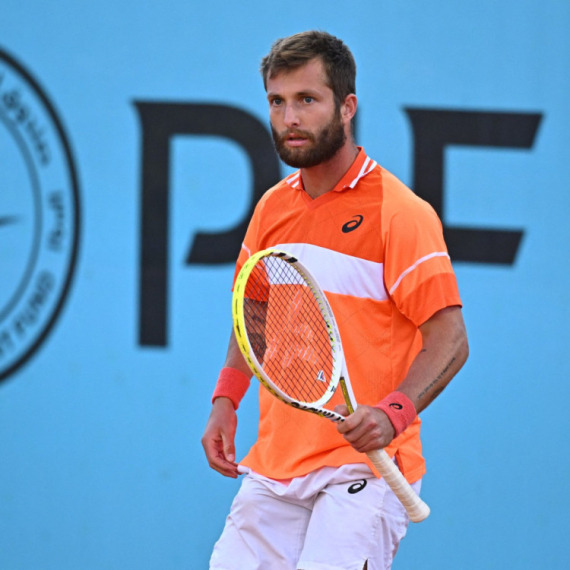
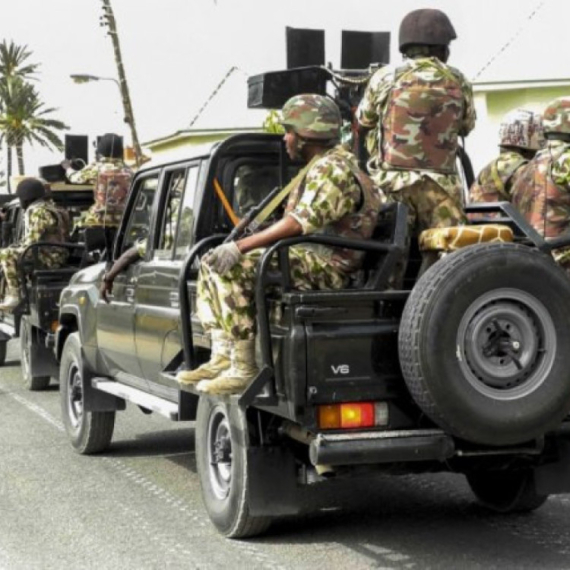


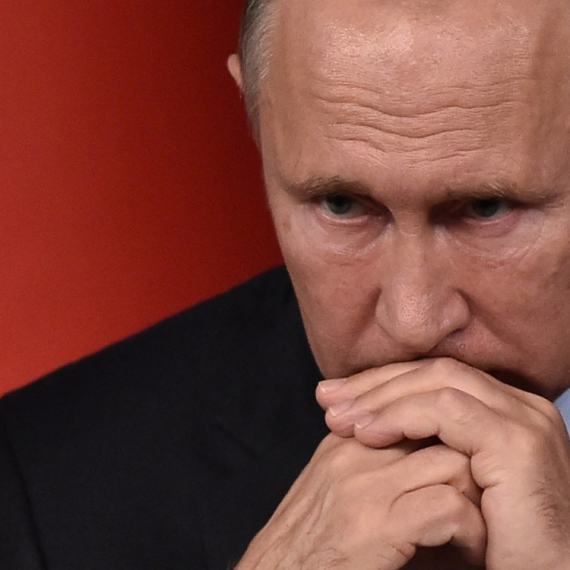
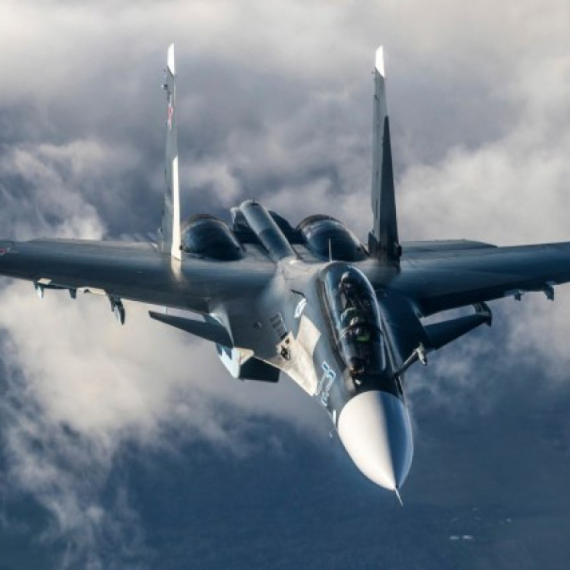

Komentari 2
Pogledaj komentare